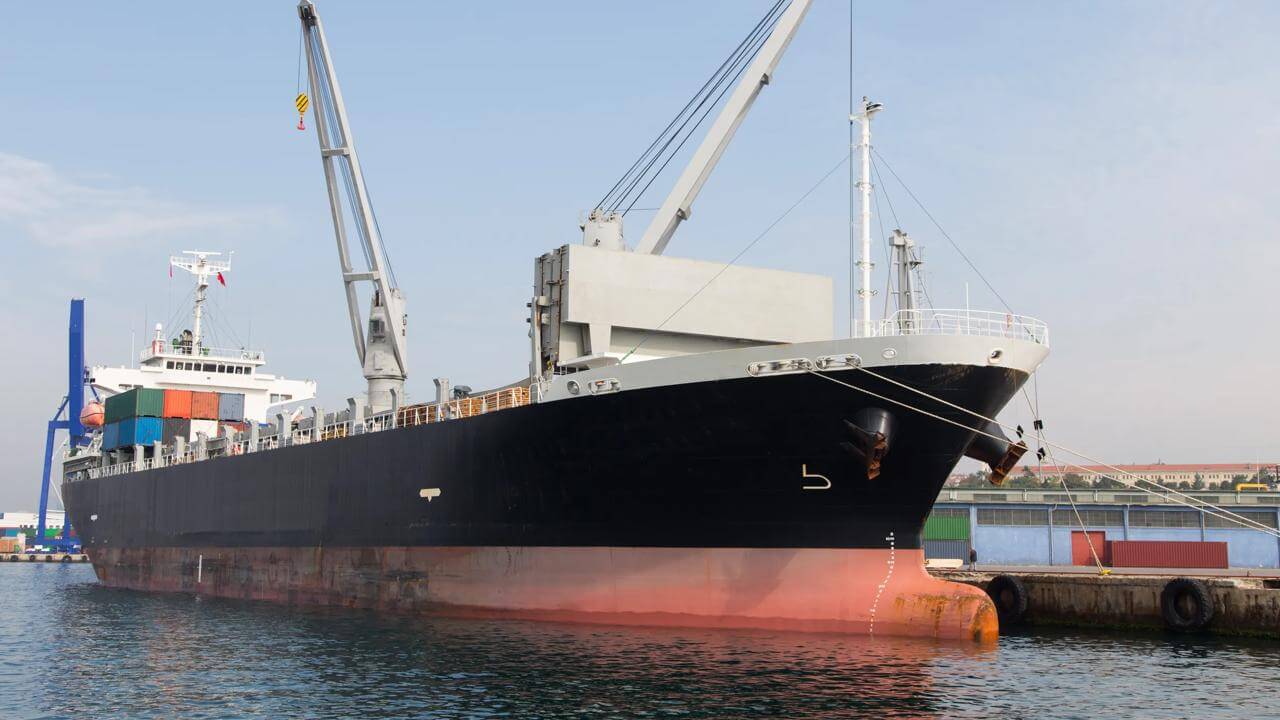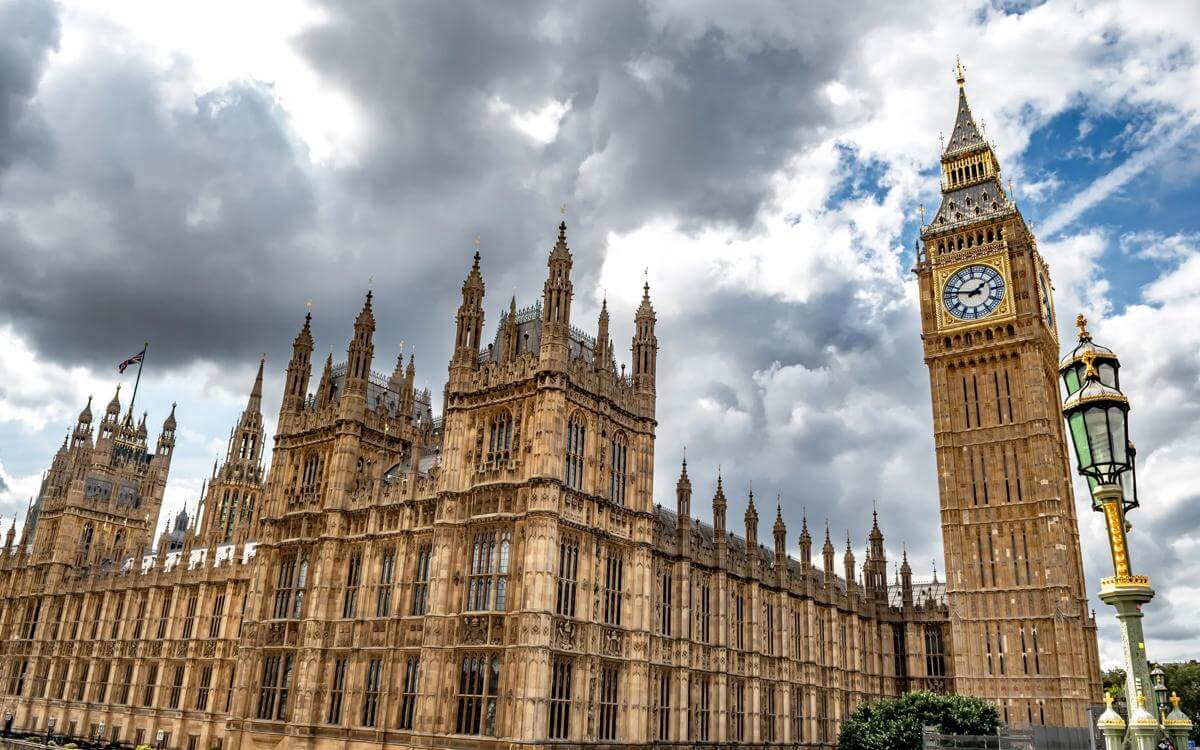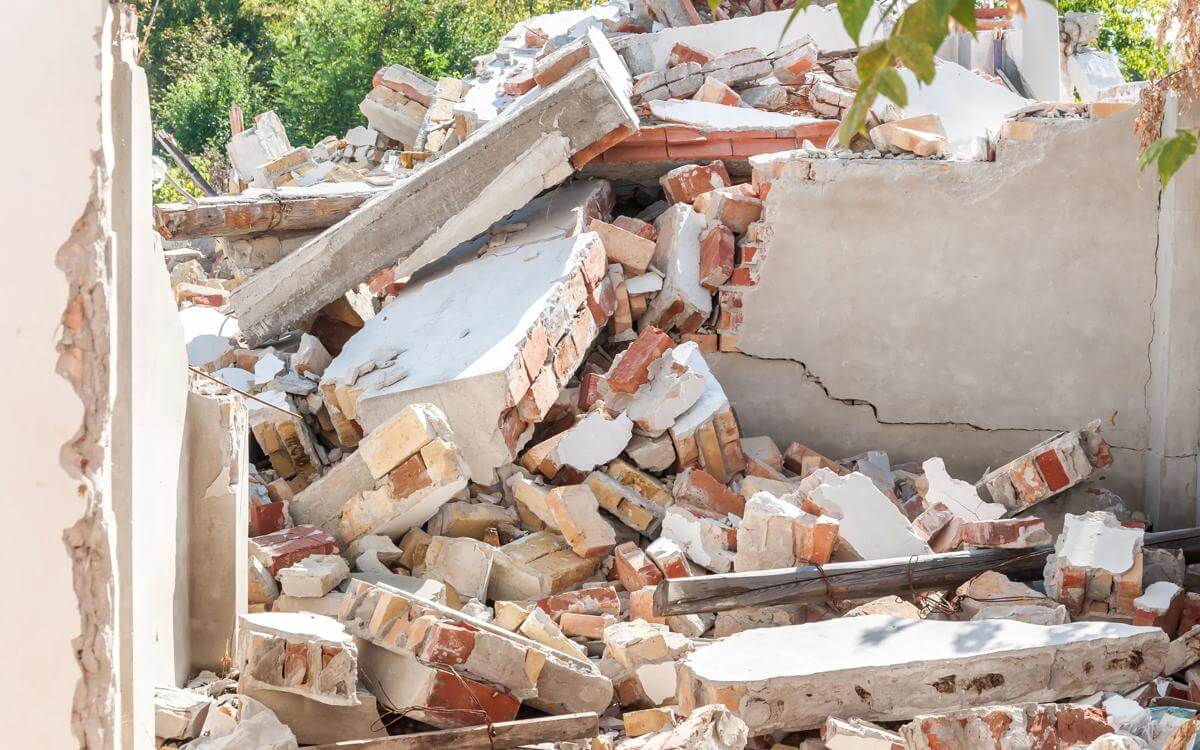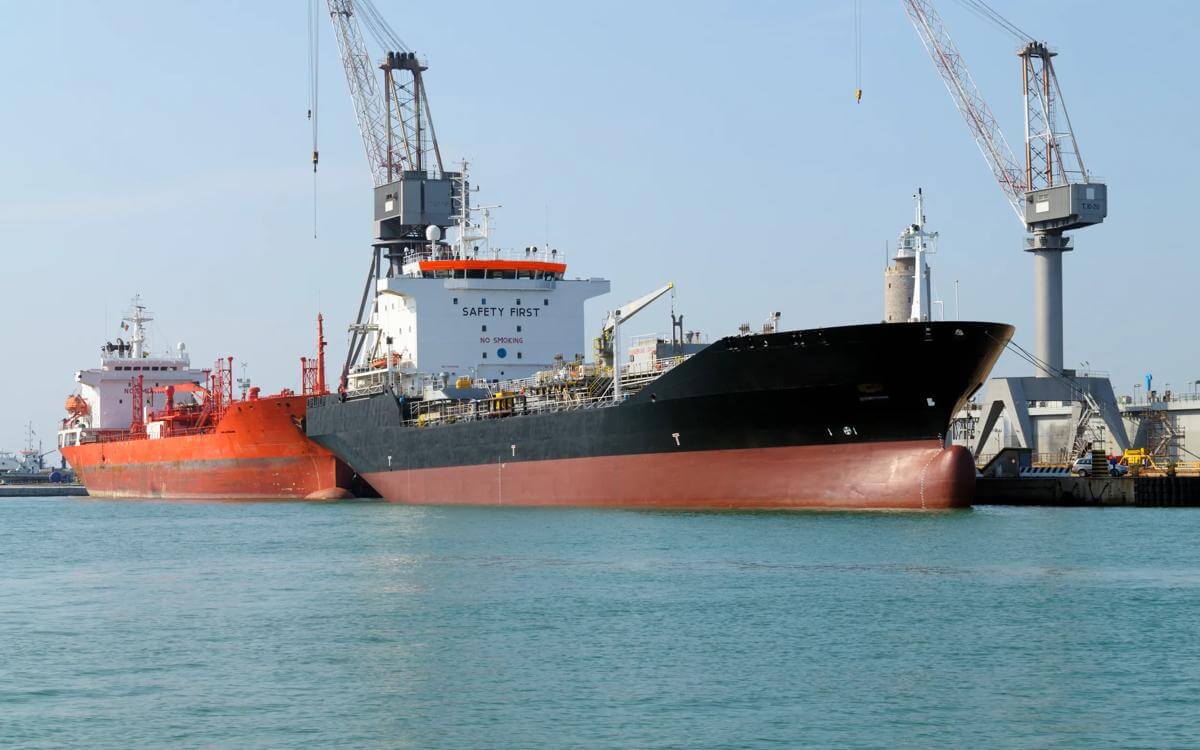The impact of Covid-19 on premises inspections for duty holders
Browne Jacobson has further recent guidance has emerged from the Health and Safety Executive (HSE), in relation to carrying out thorough examination and testing of lifting equipment and pressure equipment during the coronavirus outbreak.
Please note: the information contained in our legal updates are correct as of the original date of publication
We reported at the beginning of April that the Health and Safety Executive (HSE), who regulate and enforce workplace health and safety, issued a statement on 25 March 2020 which said that whilst they are keeping things under review the statutory requirements for inspections of workplace equipment e.g. lifts, forklift trucks, remains unchanged. Some further recent guidance has emerged from the HSE in relation to carrying out thorough examination and testing of lifting equipment and pressure equipment during the coronavirus outbreak.
Whilst the HSE has not issued a specific statement relating to statutory premises inspections, the position of the HSE remains that safety legal requirements remains with duty holders e.g. employers, landlords or persons in control of premises. The HSE website states,
“The HSE will continue its regulatory oversight of how duty holders are meeting their responsibilities in the context of the current public health risk...Our regulatory approach will take a flexible and proportionate account of the risks and challenges arising from the pandemic”.
What does this mean for your business / premises?
Duty holders have a responsibility to ensure that their premises are safe and fit for occupation. This includes such things as ensuring that the building is in good repair, emergency lighting is suitable and in good working order, legionella and management of hot and cold water systems and fire alarms and detection are suitable and in good working order.
Normally such matters would be the subject of regular and routine inspections by competent persons or specialists. But with the social distancing rules, furlough and difficult financial circumstances impacting on external contractors we understand that there are no guarantees that scheduled inspections will take place on time or at all.
What should you be doing?
Making contact with your external providers is essential in order to understand what plans they have in place to undertake inspections and so that you can plan accordingly.
If providers are limiting or withdrawing their services then duty holders face making difficult decisions about whether to close premises or to continue to operate with lapsed inspections. Often the closure of premises would seem to be an impossible choice, for example a school which remains open to care for key worker children.
The HSE has provided no guidance to date on how duty holders can demonstrate compliance with these duties in the current circumstances. Each decision will therefore need to be carefully balanced and based on an assessment of risk.
Where more specialist competence is required, such as to test and maintain life safety systems such as fire alarms and detectors, the more difficult it will be for duty holders to comply with their duties.
Insurance implications
It is also important to remember that your insurances may require you to comply either with your statutory requirements or with any specific maintenance and inspection requirements set out in the policy. If you don’t, insurers may be entitled to refuse to cover a claim or reduce the amount they pay in the event of claim or loss. It is therefore essential that you contact your insurers if you are unable to comply with your obligations for any reason.
If you need more guidance please contact Stephanie McGarry.

.jpg?variant=HeroImageTabletVariantDefinition)







































